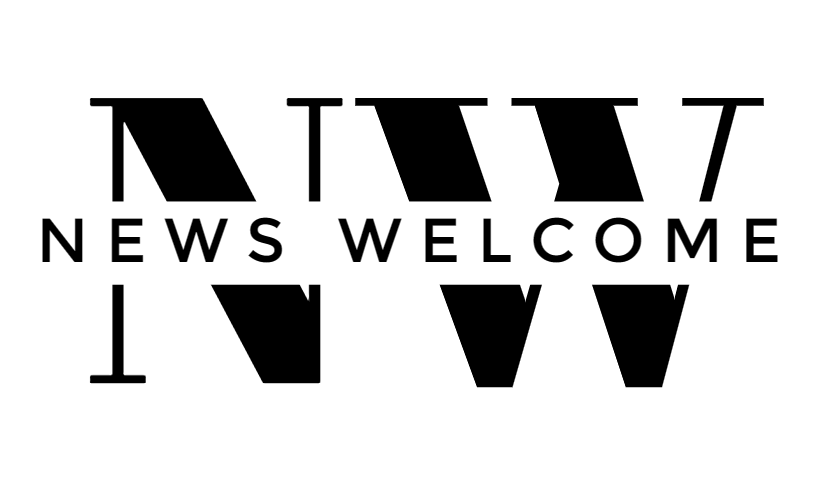A group of Swiss Bitcoin supporters are now taking steps to have Bitcoin included in the Swiss National Bank’s reserves. This move aims to strengthen Switzerland’s financial independence and maintain its position as neutral during worldwide economic shifts.
Moving to Initiate a Nationwide Vote
With Yves Bennaïm from the nonprofit 2B4CH and Luzius Meisser of Bitcoin Suisse leading, this campaign is trying to gather 100,000 signatures for a vote. This could lead to changes in the Swiss Federal Constitution that would make Bitcoin an official reserve asset. These actions represent a strong effort to bring cryptocurrency into national financial strategies, showing how banking is changing significantly.
- Previous Challenges: This isn’t the campaign’s first attempt. A similar effort in 2021 stumbled when it failed to meet the stringent requirement of 100,000 signatures within the prescribed 18-month period.
- Population Involvement: Given Switzerland’s total population of approximately 8.77 million, the campaign needs to engage about 1.15% of the populace to meet this threshold.
Why Bitcoin Should be in SNB Reserves
The supporters believe that adding Bitcoin to the SNB’s reserves would help Switzerland stay independent from traditional European banks and could also give the economy a significant lift. Luzius Meisser mentioned a lost economic opportunity by recalling his earlier suggestion in 2022. He had proposed that instead of buying German government bonds, the SNB should spend more than $1 billion on Bitcoin purchases every month.
What Could Have Been Gained Financially
If the SNB had listened to Meisser’s proposal, he calculates that Switzerland might have increased its national wealth substantially.
The projected value of adding cryptocurrencies to the national reserves could reach as high as 30 billion Swiss francs (around $32.9 billion). This estimate points out the financial benefits that could come from including a portion of Switzerland’s reserves in digital currencies.
Challenges and Influences from Outside
Even with these positives, Thomas Jordan, who chairs the SNB, is careful. He has said before in April 2022 that Bitcoin doesn’t meet the requirements for being part of the bank’s backups. Still, things are shifting, with new rules like the greenlighting of Bitcoin funds that can be traded on stock markets in both the U.S. and Hong Kong. These changes could influence how the SNB thinks about this issue.
Backing from Global Partners
This push to include cryptocurrency isn’t just making waves at home but is also pulling in support from around the world. One voice comes from Joana Cotar, a German lawmaker who prefers cryptocurrency to the centralized digital currencies suggested by the European Union. Cotar’s public support shines a light on wider political interest and Economic Impact of Switzerland’s Bitcoin Adoption.
Anticipated Progress Looking forward
These are the essential actions,
- Completing the plan and setting up the team for the project.
- Crafting and turning in all needed papers to start asking people their opinions officially.
Taking these steps is vital for reaching goals and gaining enough support from the public to have a successful vote.
Conclusion
If this campaign succeeds, Switzerland could lead Western countries by adding cryptocurrency to its main bank system. This path follows El Salvador’s choice to make Bitcoin official money in 2021. Such a move would mark a significant leap in finance and put Switzerland at the forefront of national economic strategies.

Celine Brooks is a renowned journalist and author specializing in cryptocurrency and blockchain technology. She holds a Master’s degree in Economics from Harvard University and is very passionate about Crypto. Celine regularly hosts webinars and workshops, sharing her insights and forecasts about the evolving digital currency landscape. She is also an active contributor to several leading financial and tech publications, where she breaks down complex crypto trends into understandable insights for everyday investors.

